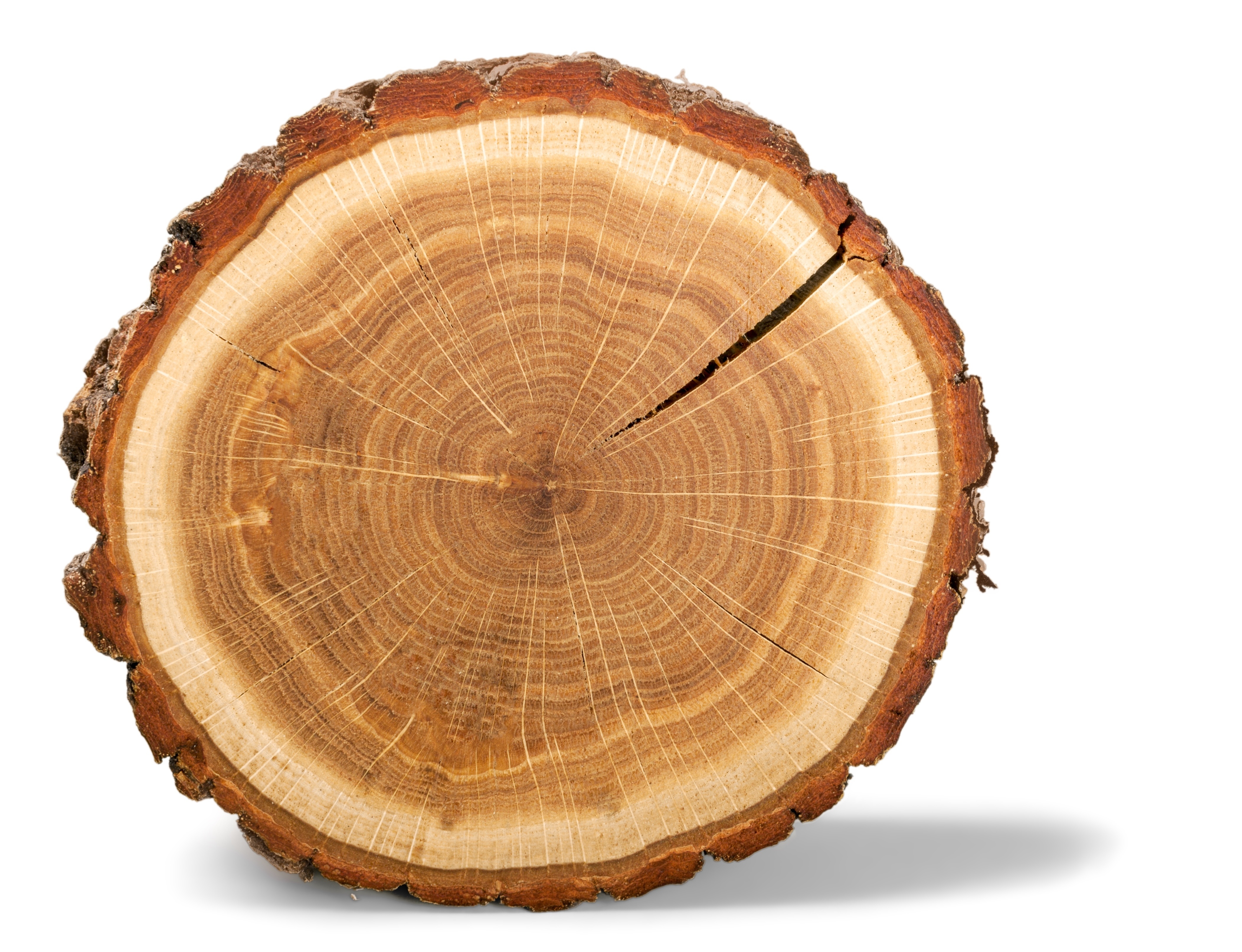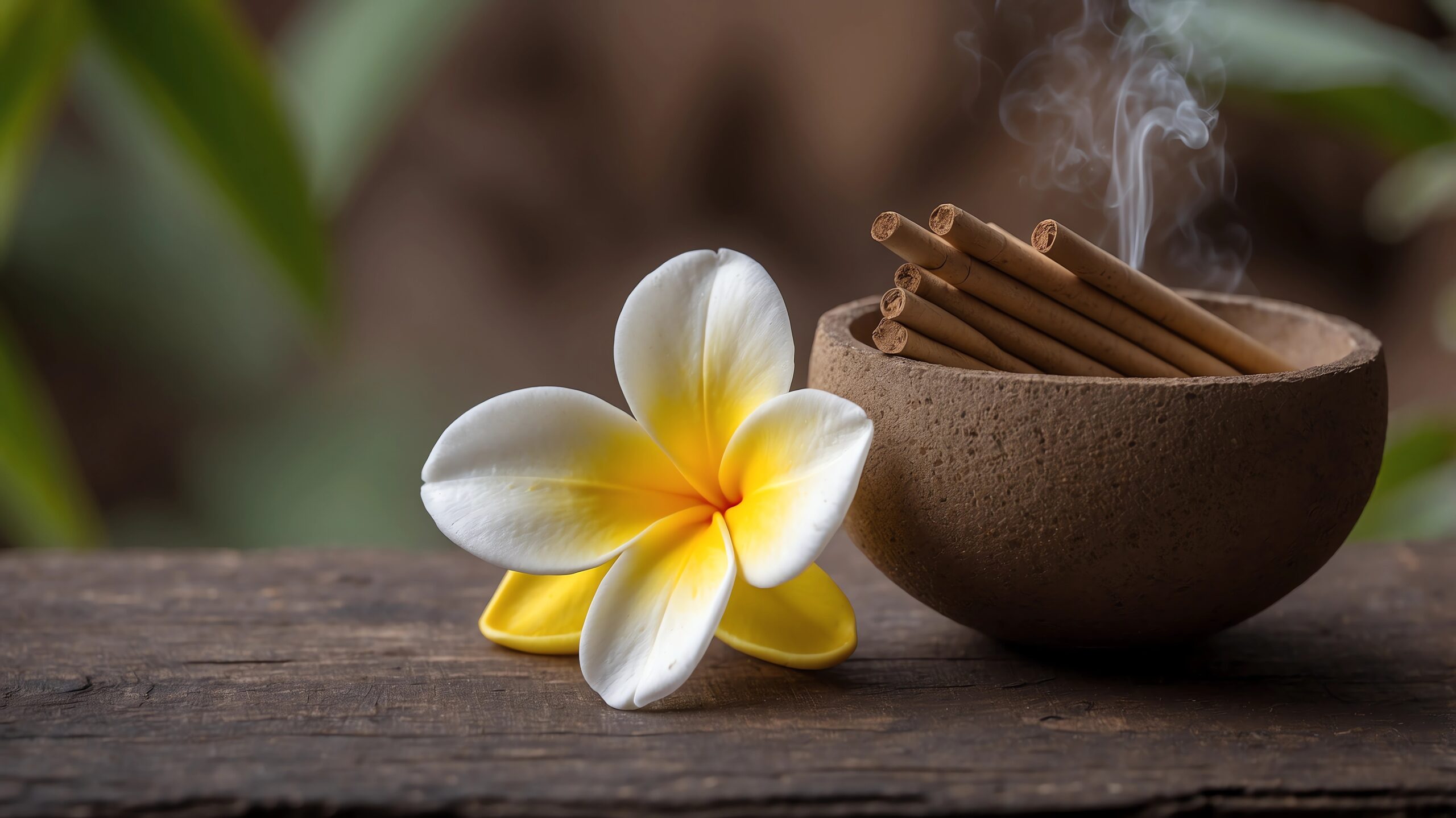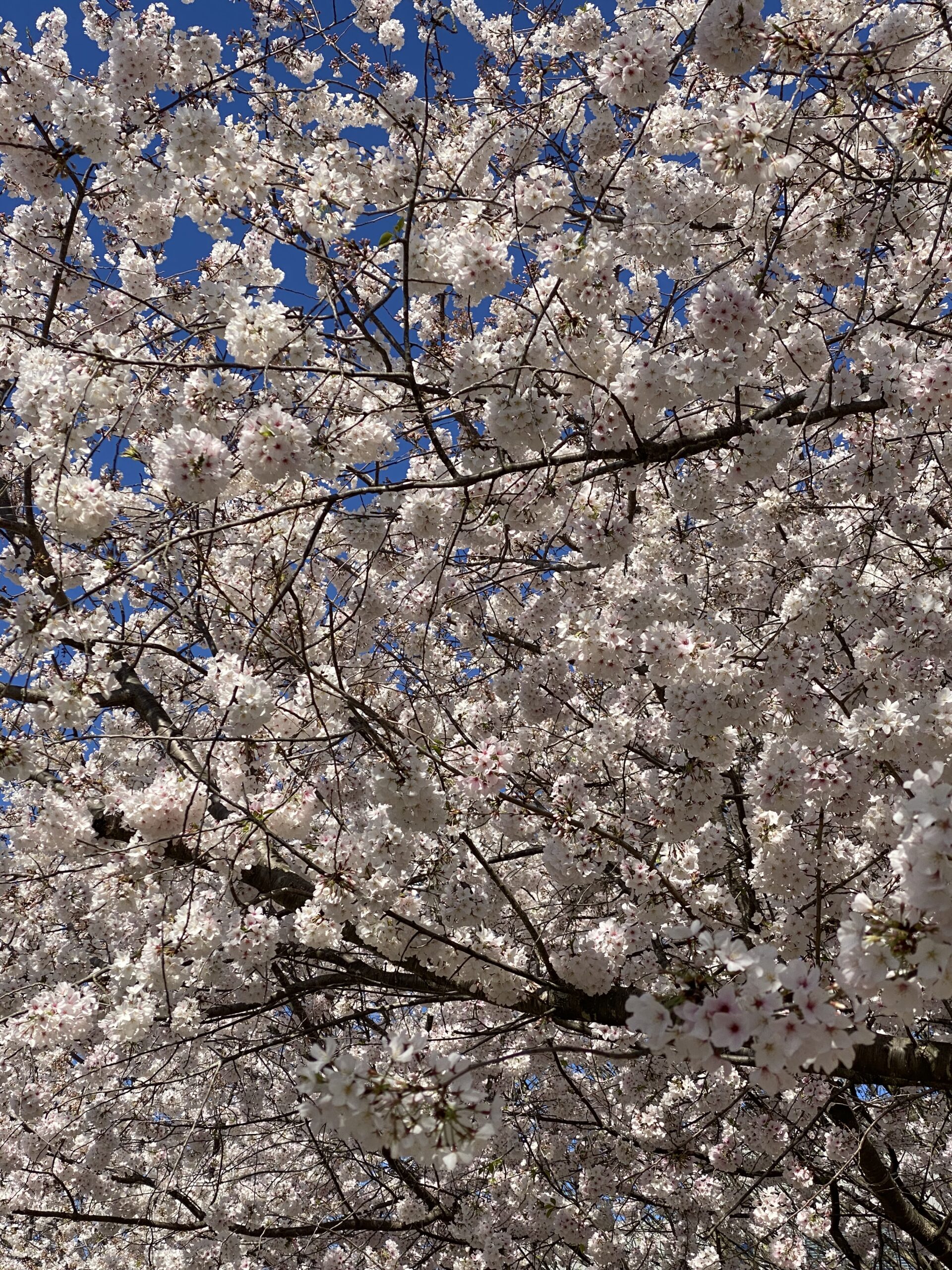Katie Steedly’s first-person piece [The Unspeakable Gift] is a riveting retelling of her participation in a National Institutes of Health study that aided her quest to come to grips with her life of living with a rare genetic disorder. Her writing is superb.
In recognition of receiving the Dateline Award for the Washingtonian Magazine essay, The Unspeakable Gift.
Enter your email here to receive Weekly Wide-Awake
Just Power

When the urge arises in the mind/ To feelings of desire or wrathful hate,/ Do not act! Be silent, do not speak!/ And like a log of wood be sure to stay.
Shantideva
I am searching to know what to do with all my anger and sadness. So much about where we are as a world, and how we got here, is rooted in a fundamental disregard for humanity. We did not have to be here. I am left searching. Big concepts like power and truth and compassion frame my daily actions. I feel the weight of even the simplest decisions. Then I look inside myself more deeply and outside myself more openly, and simple decisions have life or death consequences. Absolute vulnerability makes silence and staying truly hard. The need to act makes any action seem like the only just and right path.
In her essay, “Just Power,” Helen Tworkov tells a historical story of power defined through a feminist, Buddhist lens. As I see it, she provides a different angle on the direction to “Be still and know.” She zeroes in on the idea that a centuries old battle has been waged in the Buddhist tradition about the definition of power. She describes the relationship between power, control, domination, and enlightenment. She asserts, “The invitation in Buddhist practice is to yoking, or leashing, one’s own mind, not another being’s.”
Tworkov states:
“Is it possible to imagine that power might be defined by presence of mind; that the more one is no longer controlled by compulsions, addictions, patterns, habits, the more power one has to act in service of wisdom and compassion? What if we said that power is internal freedom, that power is the capacity for choice? Can we — women and men — stand the heat of appearing to be passive, of remaining like a log? ”
I think about “remaining like a log.” Where is the power in remaining like a log? There is power in the story of the seasons and time. There is power in the strength of diameter and width. There is power in extending and growing and perspective. There is power in deep grounding and roots. That feels like a new definition of power.
Tworkov explains:
“Yet my hope for all those living on the American sidelines – such as women and Buddhists — is that we use our compromised status to our advantage; that we capitalize on our experiences and strengths and training to investigate alternatives to conventional views of power. Perhaps it is worthwhile to figure out what it takes — and what kind of power is required — to ‘remain like a log.’ “
Maybe that is what is happening right now. We are shattering our conventional understanding of power. People are gaining power. People are fighting to keep from losing power. Today, power calls for new solutions and innovation and change. Power is more diffuse and generative and abundant. Where does “remaining like a log” fit into the current zeitgeist? I think it lives somewhere, as Tworkov suggests, in the ideas of presence of mind, internal freedom, and the capacity for choice. That makes sense to me. Remaining and presence and being and stillness do not stand in opposition to internal freedom and the capacity for choice, rather they are the structural, systemic, rooted response to the pain and suffering we know.
About Katie

From Louisville. Live in Atlanta. Curious by nature. Researcher by education. Writer by practice. Grateful heart by desire.
Buy the Book!
The Stage Is On Fire, a memoir about hope and change, reasons for voyaging, and dreams burning down can be purchased on Amazon.





